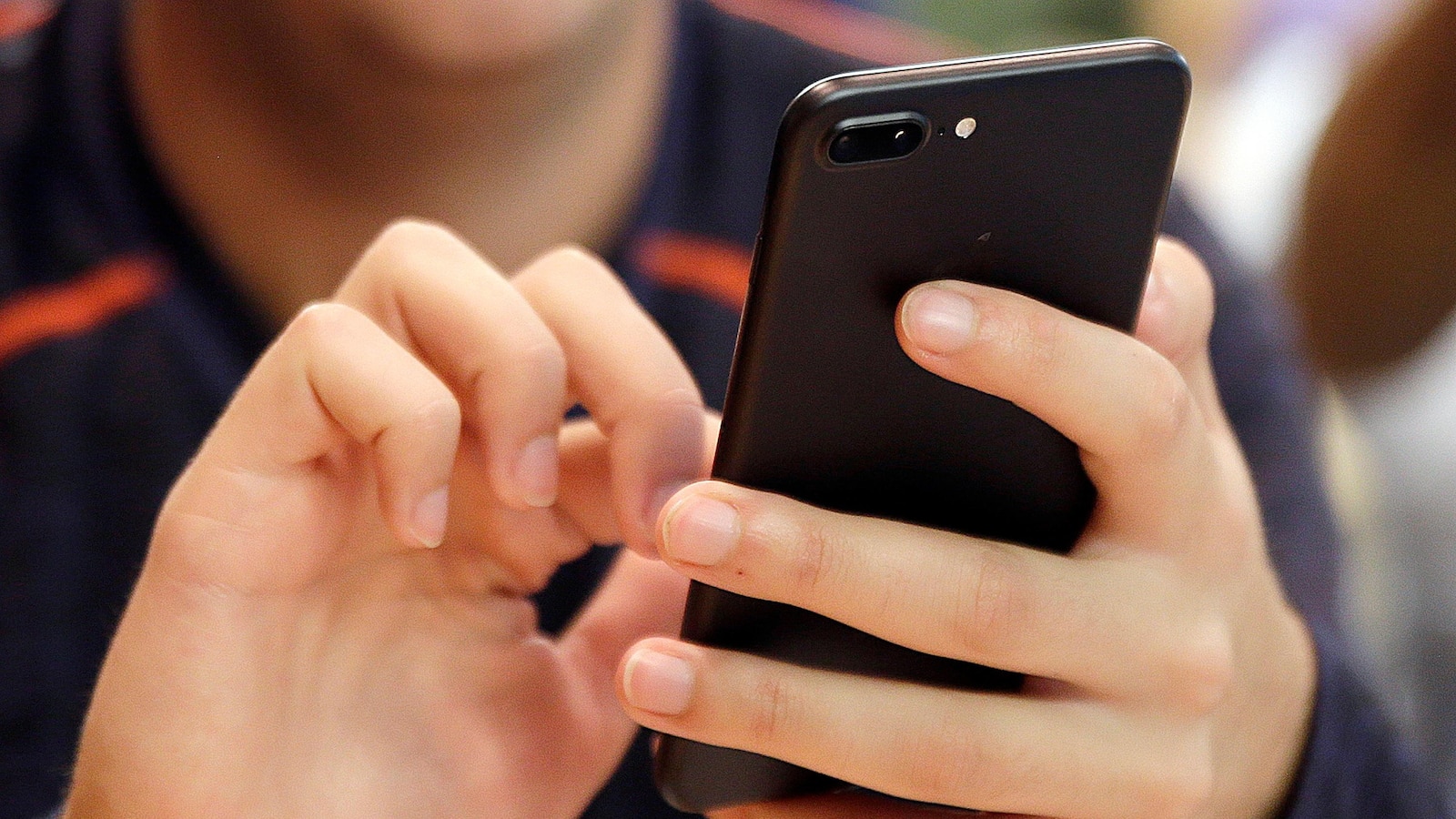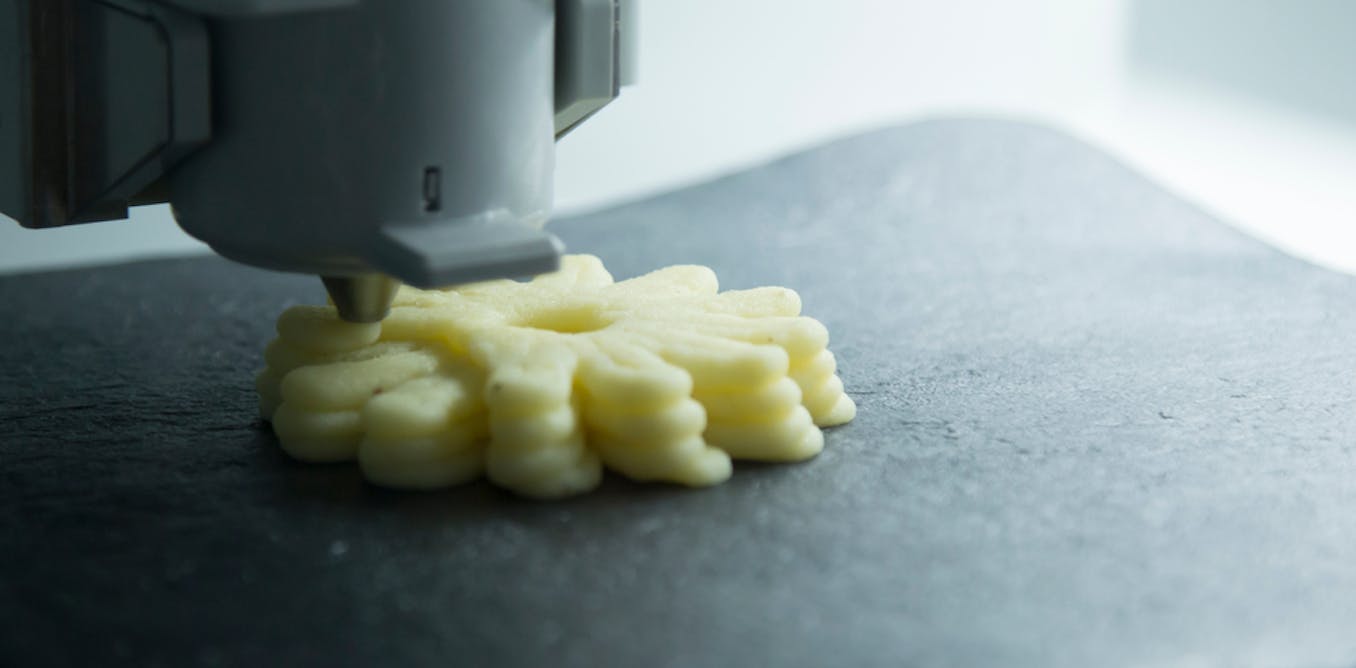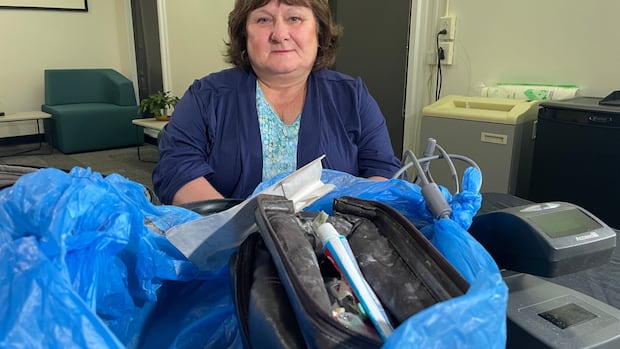The Shocking Hack of a Dating App Designed to Protect Women – What You Need to Know!

Imagine trusting a dating app to help you safely navigate the murky waters of online romance, only to have your private information leak into the public domain. That's precisely what happened with the recently popularized Tea app, designed to empower women by allowing them to anonymously warn each other about potentially dangerous men.
Last week, this provocative platform surged to the top of the U.S. Apple App Store, but the excitement was short-lived. On Friday, Tea's developers confirmed a devastating security breach: thousands of personal images, including selfies, were leaked online.
The San Francisco-based Tea Dating Advice Inc. is now scrambling to secure its systems, as they engage third-party cybersecurity experts to investigate the situation. The reality is stark; 404 Media reported that 4Chan users discovered an exposed database that allowed anyone unrestricted access to sensitive material.
The app, however, was created for a purpose—one that resonates deeply in today’s digital dating landscape. Founded by Sean Cook, a software engineer who previously worked at Salesforce and Shutterfly, Tea aims to provide women with a safe way to vet men they might meet on popular dating platforms like Tinder or Bumble. Cook was inspired to create the app after witnessing his own mother’s harrowing experiences—dating men with criminal backgrounds and falling victim to catfishing.
Tea markets itself as a digital safety net, where women can check if a man is who he claims to be. As one user shared in a review, she used Tea to research someone she had started talking to and uncovered more than 20 serious red flags, including allegations of assault. The app’s premise is akin to having a personal Yelp page for people, offering insights that can prevent potential dangers.
The app’s sudden social media fame propelled it to number one on the Apple Store, with downloads soaring by 525% between July 17 and July 23. In just a week, Tea amassed a staggering 4 million users, a testament to the pressing need for safety in dating.
However, not everyone is cheering for the app. A female columnist from The Times of London dubbed it a “man-shaming site,” criticizing it for fostering a culture of vigilante justice among anonymous users. Amidst this, attorney Aaron Minc noted a surge of calls from men feeling wronged by the platform, pointing to the emotional toll of being publicly named and shamed.
The legal implications of Tea's user-generated content are complex. In 1996, Congress passed legislation to protect websites and apps from liability for content posted by users, yet individuals can still be sued for spreading false information. A recent case in Illinois saw a judge dismiss a lawsuit filed by a man criticized in a Facebook group, highlighting the thin line between free speech and defamation.
In terms of the breach, Tea reported that around 72,000 images leaked online, which included 13,000 selfies submitted for account verification. Fortunately, the company confirmed that no email addresses or phone numbers were exposed, assuring users that those who signed up after February 2024 were not affected. “Protecting Tea users’ privacy and data is our highest priority,” the company stated.
As this story unfolds, it’s clear that while technology aims to enhance safety in dating, the risks that come with its use continue to evolve. The app’s security incident serves as a stark reminder of the constant vigilance required in today’s digital world.



























